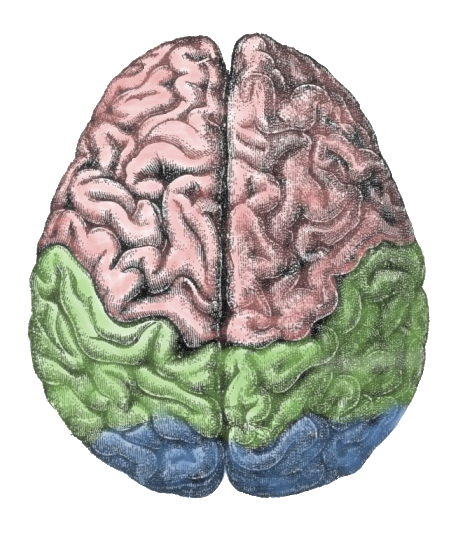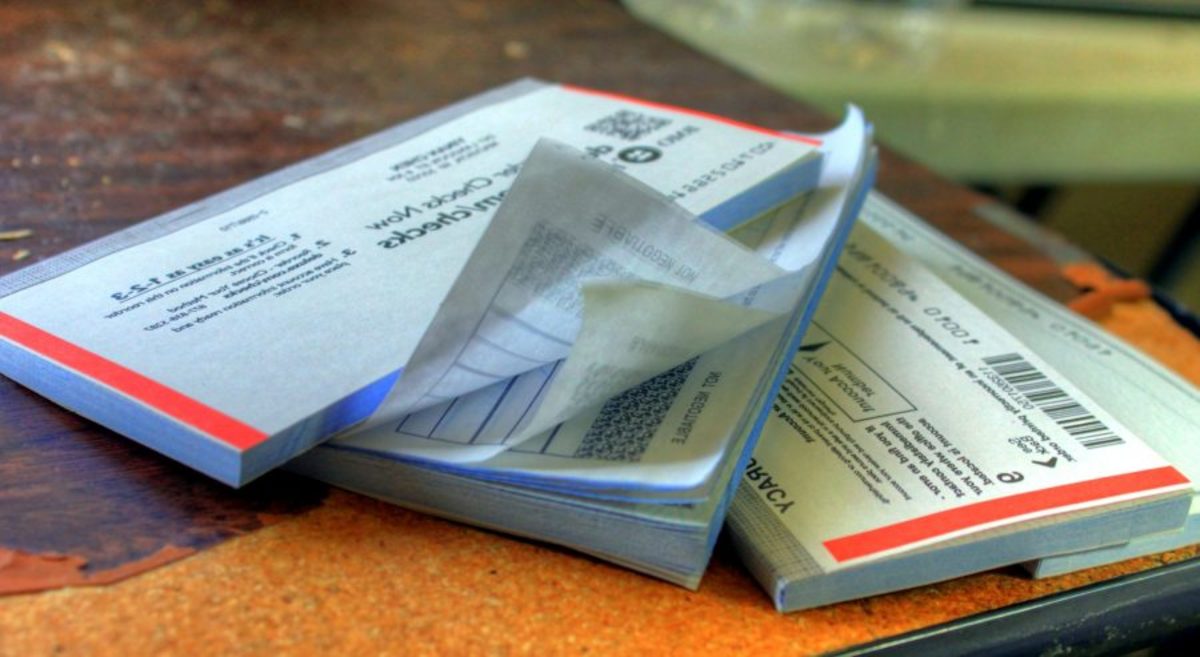Why is a Good Memory Important in Business?

A Good Memory is Hard to Find
I have a terrible memory.
Originally, I was going to write about something completely different. But, after I started reading a book on improving my memory and how to build mind palaces, I found it so fascinating that I decided to write about that instead.
As a member of Toastmasters International, I have a need to memorize some of the speeches I write. This has never been easy for me. I needed to incorporate a technique better than to memorize the speech “word for word”. The Memory Book, written by Harry Lorayne and Jerry Lucas, along with Moonwalking with Einstein, by Joshua Foer, are two great books to help people just like me. I found the concepts so fascinating and effective that I made my next speech for Toastmasters International about memory retention, I thought it would be useful for my fellow members.
Ironically, shortly after I bought the memory books, I forgot where I parked my car and left my credit card with the cashier.
Which of these common pieces of information is hardest for you to remember?
Picture this for a moment...
Joshua Foer has an exercise that's roughly like the following.
I want you to close your eyes for a few moments and envision yourself at the front of your home. While you’re at the front door you can see a group of nude overweight bicyclists coming straight at you and they crash right into the front door. Step over the cyclists and you’re able to get into your home. In the hall, you can see the cookie monster on top of a tan talking horse. Moving to your living room, you find Britney Spears there wearing a black leather outfit. You move to your kitchen where there’s a yellow brick road leading to your oven. In your oven are the tin man, the scarecrow, and the cowardly lion.
Now open your eyes.
Ancient Greece
In ancient Greece, if you wanted to have a great party, you hired a poet. These poets would recite these long epic adventures and recited them to an audience… from memory.
Simonides, a poet and orator, recited long epic poem to an audience of three hundred people in a banquet hall. Shortly after he finished and left the hall, it collapsed and killed everyone there. The carnage was so bad that no one could identify any of the victims.
Simonides on the other hand, was able to help the mourners because while he was performing his poem, he was able to recall every one of the three hundred people in attendance and could lead each of the mourners to their fallen family member.

Anyone can have A Great Memory
The techniques that I’ve been teaching myself have been in practice for over three thousand years.
As a matter of fact, the idea of having this kind of memory 2,000 years ago was really not that impressive a feat as it is today. Today we have invested our memories into labor saving devices like our iPhones, PDA’s, and PC’s. In as recent as 20 years ago, average people memorized the telephone numbers that we used most often. I believe that most of us over 35 can probably still remember their parents’ home phone number.
Every spring in New York City, there is a memory contest where people who have disciplined their minds to do incredible memory feats like memorizing a few randomly shuffled card decks as well as groups of random numbers.
These people actually have average memories and are no smarter than either you or I. They have only mastered a few techniques in memory retention.
Now I can hear you saying, "I heard that under hypnosis that you never really forget anything. But I forget things all the time. Why is that?"
The thing is that you really don't forget things, you either aren't paying attention or you aren't setting your mind to specifically remember something.
Here's how you can improve your powers to recall things.
Memory Books on Amazon
Memory Books on Amazon
Giving Things Context
The root of memory retention is to give common things unusual qualities and linking them through mental visualization.
For example, I’m going to list 10 words in order and link them so that I won’t be able to forget them. The principle is to make them ridiculous and create a link between the words to make them memorable.
The words are:
- Airplane
- Tree
- Envelope
- Earring
- Bucket
- Sing
- Basketball
- Salami
- Star
- Nose
To do this, I’ve created an association between these words so that if I had to recite them in order or need to recite them in reverse I can do this by showing you a weird association.
We’ll start with the word “airplane” and the word “tree”. Each of these objects by themselves is ordinary. When I create a link between the two I’ll combine them by mentally making a tree that looks like an airplane or a flying tree.
The next link is between "tree" and "envelope". I can make an envelope in my head that’s shaped like a tree. The next link is "envelope" and "earring". I picture a woman wearing earrings the shape of envelopes. Next is "earring" and "bucket". Either bucket shaped earrings or earing shaped buckets will do. Next is "bucket" and the verb “sing”. A singing bucket. Next is "sing" and "basketball". A singing basketball. Next is "basketball" and "salami". A basketball player dribbling a salami. "Salami" and "star" – Cut a slice of salami and it’s star shaped. "Star" and "nose" – I picture a cartoon star with a big nose on its face.
Once you get those images in your head, you can summon them and know what the next or previous item on the list is. With those associations I can recite the list backwards and forwards by just using the ridiculous images I’ve created to the relational links between the words.
Tricks to make Memorization Work
- Common nouns are easier to remember than proper nouns. This is the baker/Baker paradox. It is easier to remember a baker than a man named "Baker".
- The more outrageous the mental image, the more effective the memory.
- The more intimate you are with the construct of the "Mind Palace" that you make, the easier it is to retrieve the thought.
- If you can't picture the word you are trying to remember, substitute it for something that sounds like the thing you are trying to remember. ("Alaska" can be "I'll ask her")
Why Does It Work?
This is the foundation for all the memory tricks.
If you’re reciting a speech you can take the topic word of each paragraph and link each paragraph idea in order. Obviously, this is not for a “word for word” speech. It’s the ideas you’re trying to memorize. When you can do that and you’ve read and written out your speech enough times, you’ll have the confidence to recite it in front of many people.
Another technique we use is through spatial association. Our minds are really good at spatial recognition when we combine that with something ridiculous and memorable. If you are able to visualize each of the concepts room by room in a sort of “mind palace” you can find the ideas you wanted to remember.
And just to demonstrate how well this technique works, let me ask you a few questions. Without looking back, answer these questions:
When you had your eyes closed -
- Who crashed into your front door?
- Who was sitting on the tan horse?
- Who was in your living room?
- Who was staying in your kitchen oven?
We can easily picture the rooms of our homes and we can navigate through to them. In each of the rooms we’ve kept a concept joined with something ridiculous. As each of the items is ridiculous, it stands out in our memories.
These are only two examples of some of the memory techniques. There are more for numbers, playing cards, people, faces, and other things. For more of this, I recommend you read The Memory Book and/or Moonwalking with Einstein.

Final Words
Despite the invention of email, a lot of the business we do is face to face.
When we interact with people, we need to remember things about those people. I’m not saying anything revolutionary. I’m merely reiterating what Dale Carnegie wrote about in How to Win Friends and Influence People. When you can remember, names, people, birthdates, and other interests about the people you need to deal with, it will make you a valuable asset to anyone you work for.
I mentioned before that people over 35 remember a time when they had to remember a few telephone numbers by heart. Numbers such as their home phone number, their best friend’s, and their work number needed to take some space in their own specific mind palaces in order to go about daily life. Why? We didn’t have cell phones and PDA’s in the late 80’s and early 90’s.
What we had were our noggins.
I’ve noticed the difference in remembering telephone numbers ever since I got my first cell phone. Oh sure, I still remember my parents telephone number and my own, but when it comes to others like my wife’s cell phone or the phone at my office, I don’t have a clue. And that’s just a tragic thing because remembering the little things also keeps the mind nimble and active.
A good memory is also the sign of an orderly mind. You know where everything is. Trust me, it’s important how you project yourself to others. Do you want to be like Rick Perry in 2010 and forget two of the three levels of government in the middle of a debate? I’m sure that’s what cost him the primaries. I’d rather be the guy who can spout of real statistics in the middle of a meeting as well as relevant data without the use of my laptop. It gives the perception of a man who not only knows his material but has taken a keen interest in maintaining that knowledge.
Those are the guys who get promoted.
If you're looking for more info on memory retention and how to develop a photographic memory please read this article on developing one.
Rooms in the Mind Palace
Room
| Object
| Memory
|
|---|---|---|
Front Door
| Nude Bicyclists
| A quick introduction
|
Hallway
| The Cookie Monster on Mr. Ed
| A conversation with a man named Ed
|
Living Room
| Britney Spears Wearing black
| A trick that even Britney Spears can learn
|
Kitchen
| An oven with the Scarecrow, Tin Man, and Cowardly Lion in it
| The beginnings of a strange journey
|
Not my samples, but the ones used by Joshua Foer
© 2013 Christopher Peruzzi










